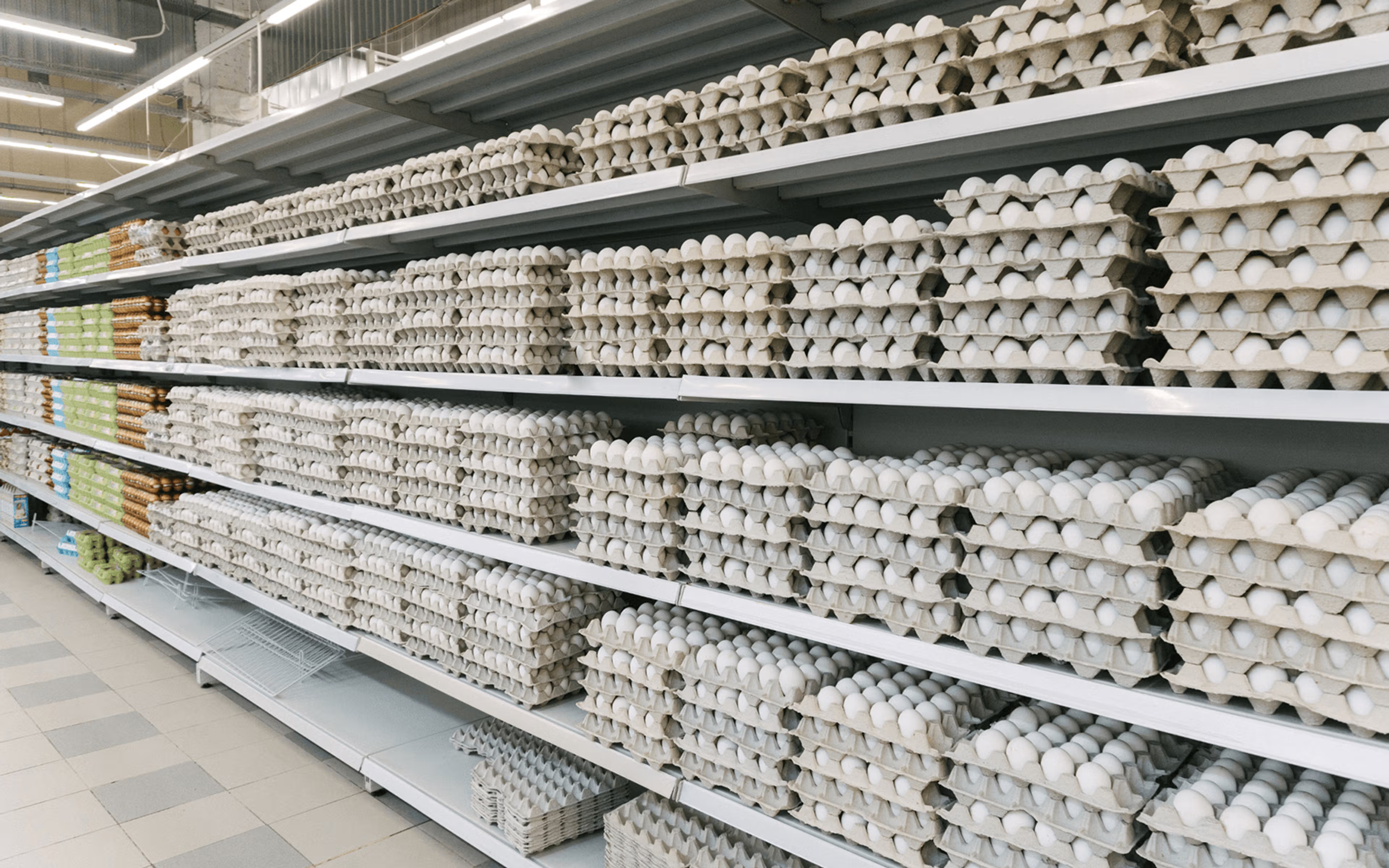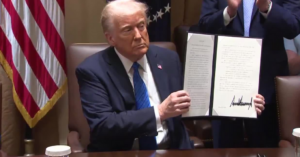In a strategic move, the European Union has postponed the imposition of retaliatory tariffs on various American products, notably whiskey, allowing additional time for potential negotiations with U.S. officials.
Europe Delays Tariffs on U.S. Products Amid Trade Tensions

Europe Delays Tariffs on U.S. Products Amid Trade Tensions
European Union defers implementation of tariffs on U.S. goods, including whiskey, amid ongoing trade disputes with the Trump administration.
The European Commission announced on Thursday that countermeasures against President Trump’s steel and aluminum tariffs, which include a proposed 50 percent levy on American whiskey, will commence in mid-April rather than the previously scheduled March 31 date. Olof Gill, a spokesperson for the commission, explained that this delay aims to refine the list of targeted products and to facilitate further discussions with the U.S. administration.
The E.U. is currently in consultation with its 27 member states regarding a 99-page list of goods, which spans a wide range of items from lingerie to machinery, with anticipated tariffs on nearly 26 billion euros ($28 billion) worth of exports. Despite these preparations, the U.S. has indicated that meaningful negotiations will only begin after the Trump administration sets new tariffs on April 2, according to E.U. Trade Commissioner Maros Sefcovic.
This situation has become contentious, with President Trump threatening to retaliate against European brands, likely imposing a hefty 200 percent tariff on European champagne and wine. Leaders from wine-producing countries, including Italy's Prime Minister Giorgia Meloni and France’s François Bayrou, have expressed concerns about the implications of escalating trade tensions, warning against a spiraling cycle of tariffs that could negatively impact both sides.
The E.U.'s objective in delaying these tariffs is to ensure a balanced approach, taking into consideration the concerns of European producers, exporters, and consumers while maintaining a window for diplomatic negotiations with the U.S. Sefcovic noted that the flexibility to adapt to new measures from the U.S. remains a priority.
The E.U. is currently in consultation with its 27 member states regarding a 99-page list of goods, which spans a wide range of items from lingerie to machinery, with anticipated tariffs on nearly 26 billion euros ($28 billion) worth of exports. Despite these preparations, the U.S. has indicated that meaningful negotiations will only begin after the Trump administration sets new tariffs on April 2, according to E.U. Trade Commissioner Maros Sefcovic.
This situation has become contentious, with President Trump threatening to retaliate against European brands, likely imposing a hefty 200 percent tariff on European champagne and wine. Leaders from wine-producing countries, including Italy's Prime Minister Giorgia Meloni and France’s François Bayrou, have expressed concerns about the implications of escalating trade tensions, warning against a spiraling cycle of tariffs that could negatively impact both sides.
The E.U.'s objective in delaying these tariffs is to ensure a balanced approach, taking into consideration the concerns of European producers, exporters, and consumers while maintaining a window for diplomatic negotiations with the U.S. Sefcovic noted that the flexibility to adapt to new measures from the U.S. remains a priority.























